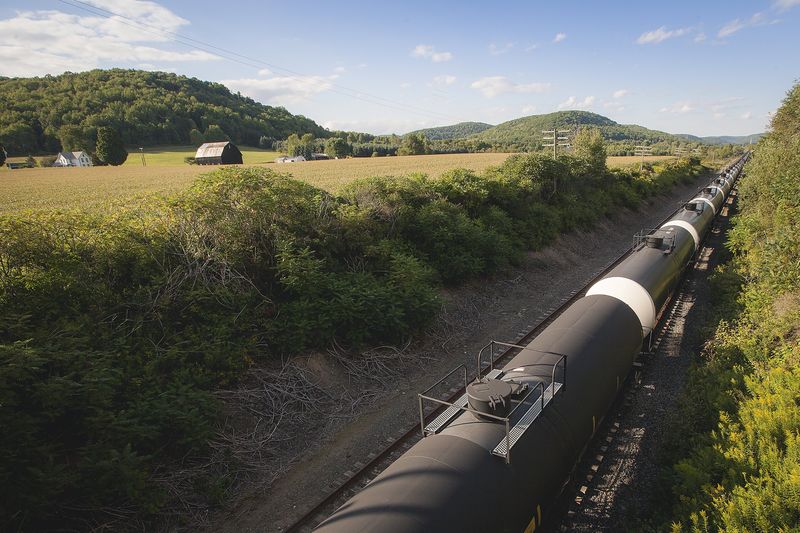* Cushing stockpiles drew down by over 570,000 bbls -data
* Buyers cautious U.S. drillers could ramp up output
* U.S. producers activate drilled but uncompleted wells
* Total U.S. crude stock seen up 3 mln bbls last week -Rtrs poll (Updates to settlement)
By Barani Krishnan
NEW YORK, March 21 (Reuters) - Oil prices rose about 1 percent on Monday after data showed crude inventories at the Cushing, Oklahoma delivery hub for U.S. futures fell for the first time since January, and ahead of the expiration of the U.S. front-month contract.
Oil's upside, however, was limited by concerns that U.S. energy companies could ramp up drilling again after a two-month long recovery in crude prices, analysts said.
Brent crude futures for May delivery LCOK6 , the front-month, settled up 34 cents, or 0.8 percent, at $41.54 a barrel. Brent has risen 53 percent from 12-year lows of $27.10 hit on Jan. 20.
U.S. crude's futures for April CLJ6 gained 47 cents, or 1.2 percent, to settle at $39.91, expiring as the front-month. The more-active May contract CLK6 , which would be front-month from Tuesday, finished up 38 cents at $41.52.
Crude stockpiles in Cushing fell 570,574 barrels to 69.05 million in the week to March 18, traders said, citing data from market intelligence firm Genscape. Cushing inventories had previously risen toward 70 million barrels, causing market participants to fear they could hit capacity.
"Although, it's not a huge draw by any means, the latest data breaks a string of builds," said Peter Donovan, broker at Liquidity Energy in New York.
Genscape's Cushing data, however, contrasts with a Reuters poll of analysts showing U.S. crude inventories as a whole likely rose 3 million barrels in the week to March 18, rewriting a previous record high. Government data showed Cushing crude stocks USOICC=ECI rose to a peak of 67.5 million barrels in the week to March 11. EIA/S
Stockpile worries aside, some analysts fear U.S. oil production is creeping higher.
On Friday, data from energy service firm Baker Hughes, showed U.S. drillers added one oil rig last week after 12 weeks of cuts. RIG/U
Analysts generally agreed it was early to read too much into that rise, since oil rigs had fallen by two-thirds over the past year to their lowest since 2009. Still, there were signs the drop-off in drilling was stabilizing after a 50-percent rally in crude prices since February.
"The higher prices go in the current recovery rally, the higher the likelihood that U.S. producers are going to build their hedge portfolios, which could then result in U.S. oil production not declining as much as what the current forecasts are showing," said Dominick Chirichella, senior partner at he Energy Management Institute, New York.
U.S. crude hit 2016 highs of $42.52 on Friday.
Some U.S. shale oil producers, including Oasis Petroleum OAS.N and Pioneer Natural Resources Co PXD.N , are activating drilled but uncompleted wells (DUCs) in a reversal in strategy that threatens to bring more crude to a saturated market and dampen any sustained rebound in prices.
